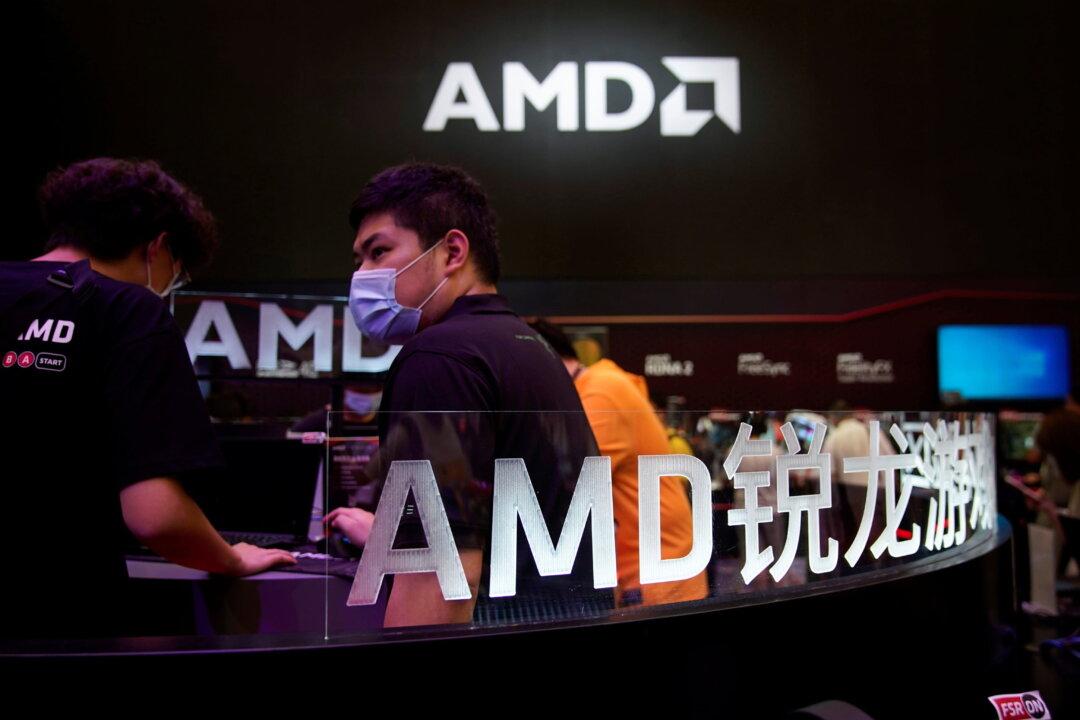The Commerce Department on Sept. 30 expanded an export rule to require foreign data centers to apply for approval before they can import American advanced computing and artificial intelligence (AI) chips, citing national security threats mainly posed by the Chinese regime.
“AI is the quintessential dual-use technology; it is in the interest of U.S. national security to work with industry and partner governments to develop a secure global technology ecosystem,” Thea D. Rozman Kendler, assistant secretary of Commerce for Export Administration, said in a statement.





